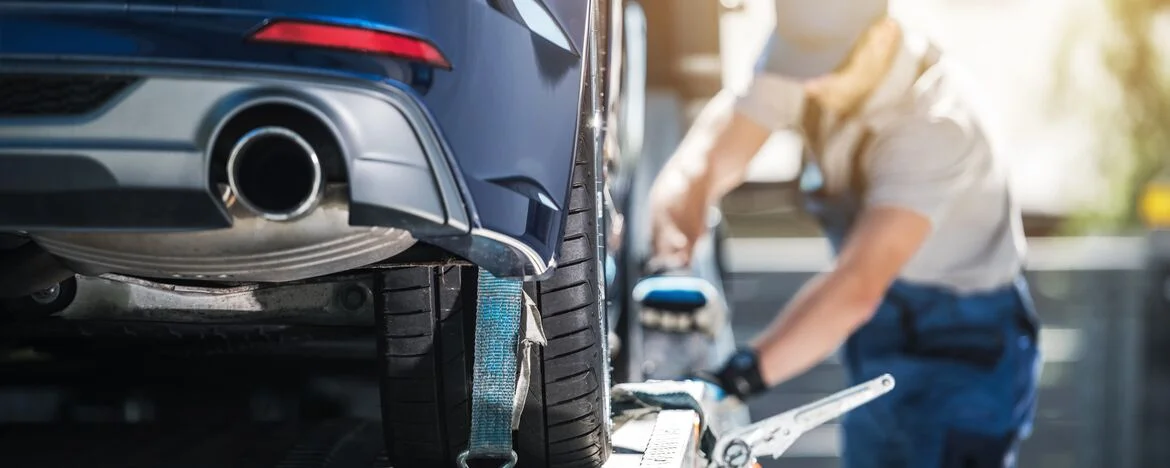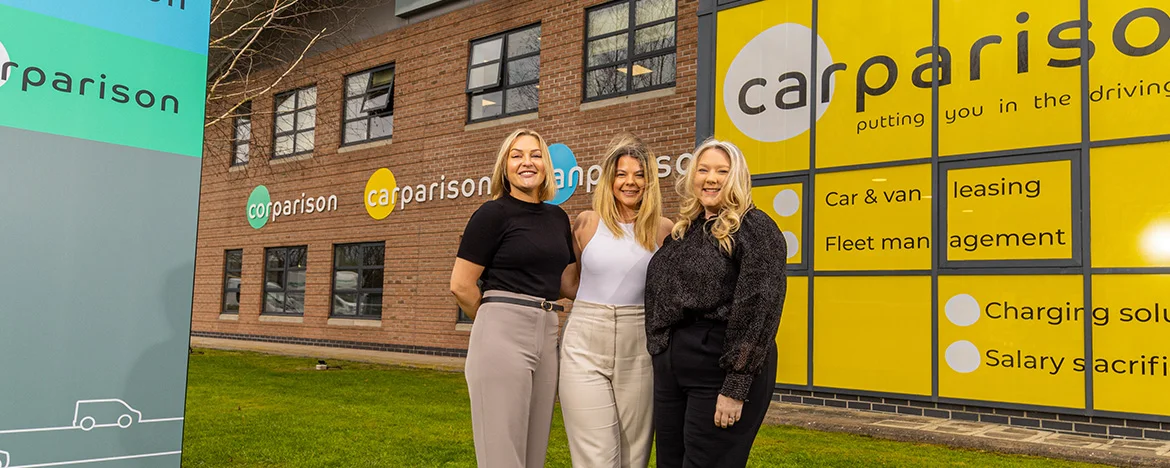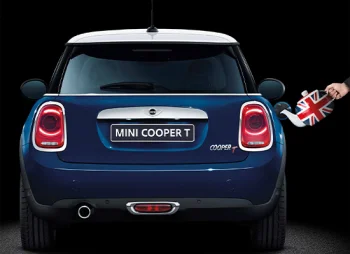Fair pay and fair prices
Ask anyone who is hesitating to make the switch to an electric car and they’ll be able to list a whole host of reasons why they’re not ready.
Resale value? Concerns over battery longevity? Ease of access to public charging? We’ve heard them all.
But one of the most troubling considerations is probably over lithium-ion battery production.
Specifically, we’re talking about the mining of the essential materials that go into EV batteries. On a human level, we’re worried about who exactly is mining them and whether they are fairly paid for their labour.
Mining is a bit of a controversial industry on its own unfortunately.
Many mining companies operate in countries where exploitation is rife. Mining in the Democratic Republic of Congo, for example, has come under fire from Amnesty International in recent years because of child labour issues in its cobalt mines.
And with EV’s growing ever more popular, the demands on the mining industry are only going to get bigger. So, car manufacturers have a moral responsibility to leverage fair working conditions for the miners who supply them with the crucial raw material we need to make our electric cars.
No one wants to think that the batteries in their phones, laptops or even their cars are the result of forced or slave labour. The last thing we need is for batteries to become the ‘blood diamonds’ of the motor trade.
Good news though – there are positive changes on the way.
Battery production in general will need better and stricter oversight. From 2027, all batteries coming into Europe (not just EV ones!) have to come with passports.
These passports will track where the minerals in the batteries come from, along with any details on their environmental impact. This should make it a lot easier to identify the companies supplying the batteries and investigate any human rights abuses.
There are some concerns about who exactly will regulate these passports, but the fact that big players like BMW have signed on is huge.
And Chinese powerhouse BYD is already ahead of the curve with their revolutionary Blade Battery, which is “substantially cobalt free” compared to lithium-ion batteries.
These changes show a willingness to address ethical concerns about EV battery production and hopefully lobby for better as production ramps up.
Because where any item is mass-produced, companies have an ethical responsibility to consider what impact that will have on our planet.
And a moral imperative to properly look after the people who make up the chain of production.






